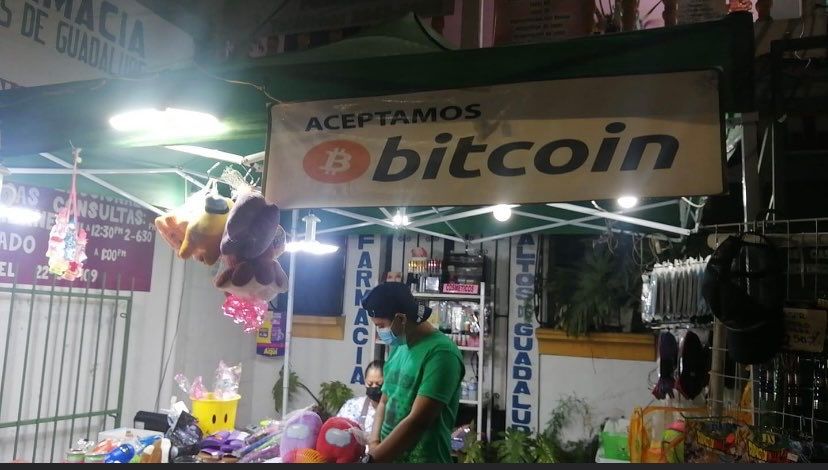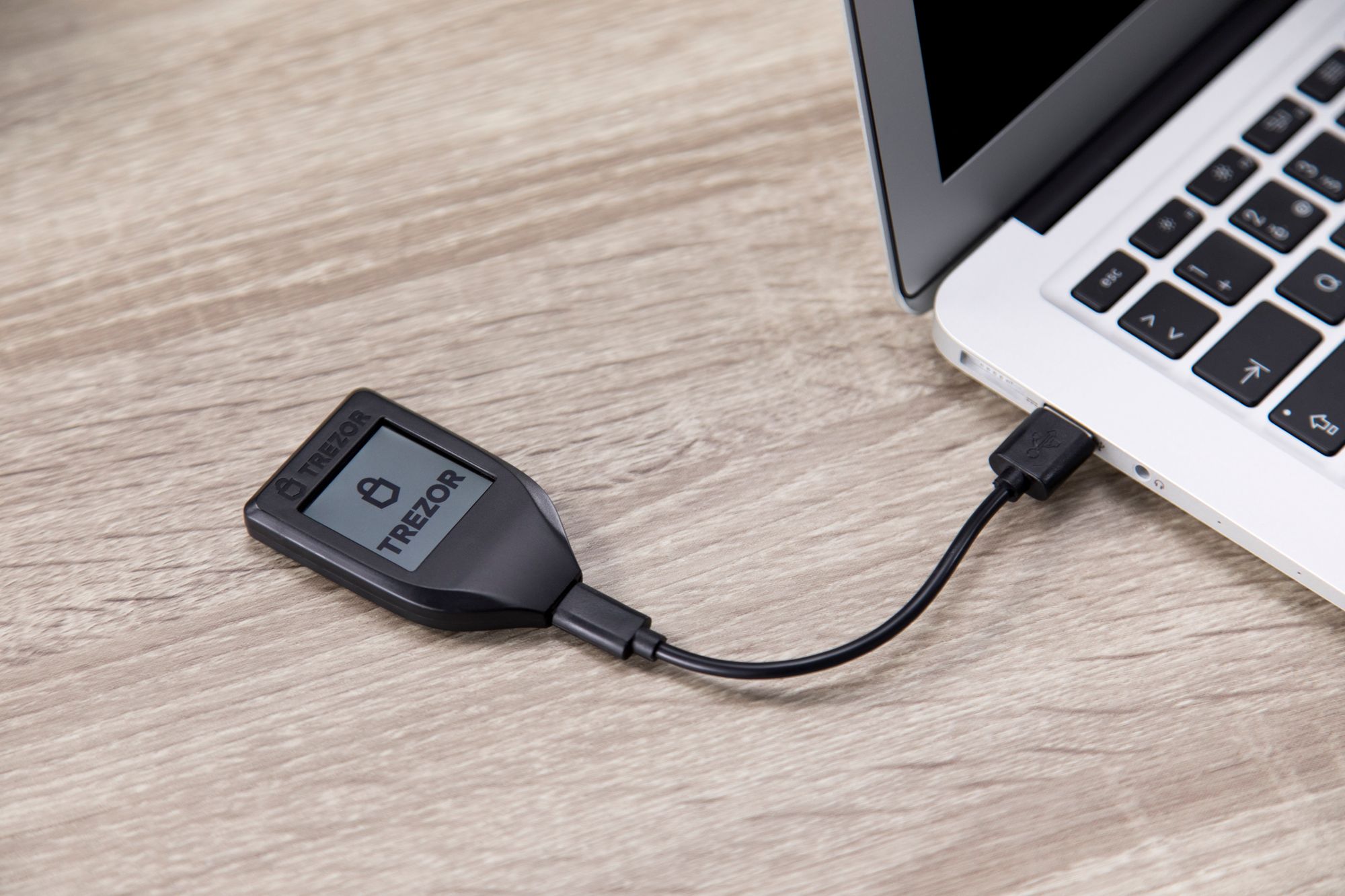BTC FAQ: Answering all of Your Bitcoin Questions
Getting started with Bitcoin and other cryptocurrencies has become accessible for everyone—not just massive traders and those who are extremely tech literate. We thought we’d step in to make it even easier to understand what the Bitcoin movement entails by providing straightforward answers to some of the most common questions that we see among both new users and experienced traders.
What is Bitcoin? Is it safe to use?
Bitcoin is the most popular cryptocurrency in the world. It serves as a decentralized virtual asset. Rather than function through the use of a central authority or middleman like a bank, Bitcoin runs on a peer-to-peer network built on an open ledger known as a blockchain.
Above all else, Bitcoin is widely transparent when it comes to how the network is operating. People can easily view information about transactions and independently verify that no one is in control of the network.
In a world filled with scams and companies that act against their users' interests, Bitcoin stands as a system that replaces blind faith in institutions with an open and transparent network. At its core, Bitcoin functions as an asset where no single entity is in control; decisions are instead made through proven governance models.
Read our full article on this crypto FAQ: What is a Bitcoin?
What is the point of Bitcoin?
Bitcoin, like several other cryptocurrencies, is a decentralized project that is not under the guidance of any sole entity. As a result, its “point” is ultimately determined by the individuals who choose to hold or spend the asset.
Some people, for instance, see Bitcoin as a way of diversifying their investments outside of traditional avenues like the stock market. Since Bitcoin was created with a limited supply that it will never exceed, some proponents view it as a store of value that is not dissimilar to a digital form of gold.
Another popular sentiment is that Bitcoin is a way to reclaim power from the financial intermediaries—such as banks—that are heavily involved in many aspects of our contemporary lives. By giving users themselves control over their own money and placing the network’s future in their hands, some see Bitcoin and similar cryptocurrencies as a form of financial revolution.
Another widely praised use case for Bitcoin is its ability to bank the unbanked and serve as a way for people to carry out cheaper and more effective remittance.
Read our full article on this crypto FAQ: Why invest in Cryptocurrency, or The Purpose of Bitcoin
Is Bitcoin legal?
As regulators around the world race to keep up with the rising popularity of cryptocurrencies, it is worth noting that very few countries have made holding or spending Bitcoin outright illegal. In fact, a quick look at Coinmap shows many "crypto venues" and merchants around the world where you can openly and freely spend Bitcoin in exchange for goods and services.
Of course, the specific legal requirements placed on your Bitcoin activities will depend on the country in which you live and your local laws. A great resource to learn more about how attitudes towards Bitcoin differ across the world is Coinmap’s series of deep dives.

Will I need to pay taxes on my Bitcoin trades?
With Bitcoin’s increasing legitimacy and adoption, countries are developing tax frameworks that define the obligations that apply to Bitcoin traders. In some parts of the world, these tax requirements are still being formalized and/or simplified.
If you’re curious about how to pay Bitcoin taxes in the US and in some other major jurisdictions, check out Invity’s guides to tax terms and forms and how to calculate your taxes.
Ultimately, while your bitcoin tax obligations may seem a little confusing at first, doing your own research will help you demystify the process so that you can dive into the world of crypto trading stress-free.
How can I buy Bitcoin?
Much in the same way that it has become much easier to learn about Bitcoin and store your own assets, it is also easier than ever to buy BTC. That’s thanks to the emergence of user-friendly cryptocurrency exchanges and services across the world, which allow you to purchase crypto with fiat currencies like the euro, US dollar, and dozens more. And you're not just limited to buying Bitcoin with a credit card—you can buy crypto with local payment methods you're comfortable with, whether you're in Europe, Asia, or many other locales.
For users in the European Union, Iceland, Norway, and Switzerland, the Invity mobile app is a safe & simple option to buy some Bitcoin to take your first step into the world of crypto.
Done reading and ready to buy Bitcoin instantly? Use our quick visual guide to choosing a crypto wallet and making your first Bitcoin transaction: the Invity Beginner's Guide to Crypto!
In many parts of the world today, the exchange that you purchase crypto from will need to verify your identity before it can begin trading with you. This part of the know your customer (KYC) obligations that are placed on financial platforms in countries where regulators are attempting to crack down on money laundering and other forms of illicit spending. Luckily, the process is often quick and painless and is pretty much the same thing you’d go through when using a bank account. Read more about KYC here.
Once that’s out of the way: when you purchase Bitcoin, you’ll mostly either do so through a custodial or non-custodial cryptocurrency exchange.
Custodial exchanges:
Custodial cryptocurrency exchanges are those that initially hold your bitcoin and other crypto on your behalf when you purchase it from them. While this can be convenient for some new users, instances of cyber breach and fraud have cemented the fact that it’s much, much safer to store your crypto on your own.
Non-custodial exchanges:
Non-custodial cryptocurrency exchanges are those that allow you to use your own cryptocurrency wallet to store your coins; these exchanges just serve as a middleman for getting you your coins. This means that, as long as you take the proper precautions when storing your bitcoin, your digital assets will be safe from external risk.
How can I keep my Bitcoin safe?
You can keep your bitcoin safe by storing your digital currencies appropriately. You can do this by researching the best kind of wallet to use to store your crypto. If you’re using a storage device known as a hardware wallet to hold your coins—which is often considered the safest way to do so—it’s important that you follow the relevant setup guide and create and store a recovery seed.

The other thing you need to do to stay secure is keep your wits about you online. Look out for anything that seems too good to be true and never share your private key with anyone under any circumstance.
While this may seem daunting for new users at first, putting in even just a little bit of research will allow you to make smart choices when it comes to storying your Bitcoin and crypto. In turn, you’ll have peace of mind that your coins are safe and secure.
Read our full article on this crypto FAQ: The Ultimate Guide to Safely Storing, Buying, and Trading Crypto
How do I withdraw my Bitcoin from an exchange?
If you’ve purchased Bitcoin from a custodial exchange rather than a non-custodial exchange, one of the best things to do is withdraw your crypto and move it to a correctly set up hardware wallet.
To do this, you’ll need to navigate to the section of the exchange’s website that gives you the option to withdraw your coins. From there, it’s just a matter of paying any applicable transaction fees and double checking that you entered your wallet address correctly.
Read our full article on this crypto FAQ: How Do I Withdraw BTC to a Hardware Wallet Immediately?
How can I learn more about Bitcoin?
As part of an ongoing effort to create a landscape where everyone has access to the free resources they need to learn about the cryptocurrency movement, Invity is frequently publishing beginner guides, FAQs, and in-depth explanations on our blog. Feel free to use these resources as you see fit and share them with anyone who is struggling to understand your crypto passion!
Have all your burning Bitcoin questions been answered? Now take the plunge to buy your first crypto—Invity lets you compare crypto exchanges for the best rates!